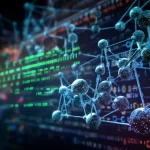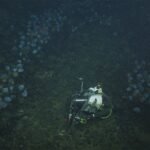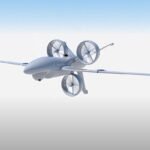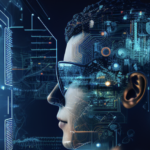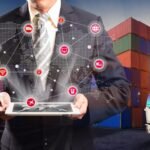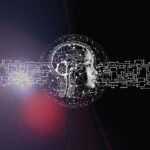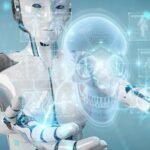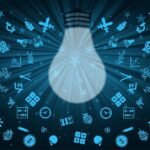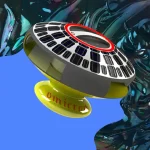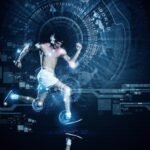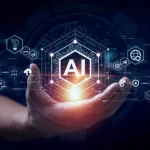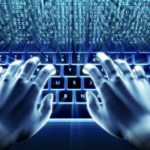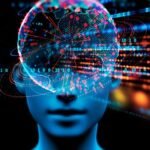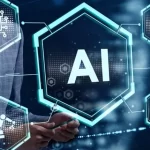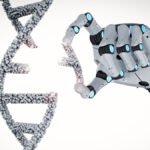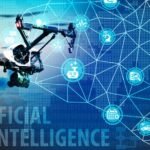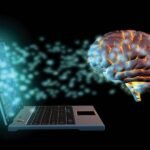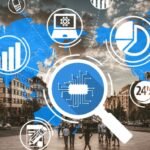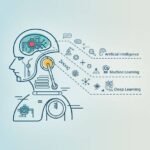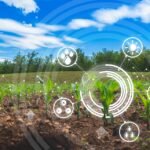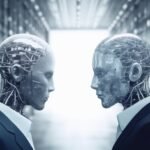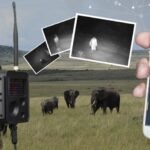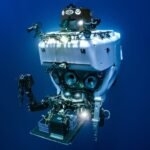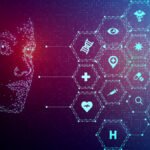A New Wave: Transforming Our Understanding of Ocean Health
/ /
The world’s oceans, covering over 70% of the Earth’s surface, play a crucial role in sustaining life and regulating our climate. However, in recent decades, human activities have posed significant threats to ocean health, including pollution, overfishing, and climate change. As we confront these challenges, a new wave of innovative technologies and scientific advancements is transforming our understanding of ocean health. In this blog post, we will explore how these cutting-edge developments are revolutionizing marine research and conservation efforts, offering hope for the future of our oceans.
- Advanced Data Collection and Monitoring Systems: Technological advancements have enabled the development of sophisticated data collection and monitoring systems for oceans. Autonomous underwater vehicles (AUVs) equipped with sensors and cameras can explore previously inaccessible depths and collect vast amounts of data on marine ecosystems. Satellite-based monitoring systems provide real-time information on ocean temperatures, sea levels, and ocean currents, helping scientists track changes and identify patterns linked to climate change.
- Artificial Intelligence for Marine Research: Artificial Intelligence (AI) is revolutionizing marine research by processing large datasets and identifying complex patterns that were once laborious for researchers to analyze manually. AI algorithms can help identify marine species, track migration patterns, and predict ecological shifts. By rapidly analyzing data, AI empowers scientists to make more informed decisions about marine conservation and sustainable management.
- DNA Sequencing for Biodiversity Analysis: DNA sequencing technology has revolutionized our understanding of marine biodiversity. Researchers can now analyze environmental DNA (eDNA) samples to identify the presence of various marine species, including those that are elusive or endangered. This non-invasive approach allows for more comprehensive biodiversity assessments and aids in designing effective conservation strategies.
- Marine Robotics and Remote Sensing: Marine robotics and remote sensing technologies provide innovative ways to study vast ocean areas. Unmanned surface vehicles (USVs) can collect data on water quality, monitor marine habitats, and detect pollution. Satellite-based remote sensing offers a broader view of ocean dynamics, such as detecting algal blooms and monitoring coral reefs, contributing to better management and protection of marine ecosystems.
- Crowd-Sourced Data Collection and Citizen Science: Involving the public in ocean health monitoring is becoming increasingly popular through crowd-sourced data collection and citizen science initiatives. Smartphone apps and online platforms allow citizens to report marine observations, such as sea-level changes, marine life sightings, and coastal erosion. This engagement fosters a sense of collective responsibility for ocean conservation and complements scientific research efforts.
- Integrated Ocean Modeling: Advanced ocean modeling techniques integrate various data sources, including satellite observations, ocean sensors, and climate models. These models simulate ocean processes and interactions, helping scientists understand the impacts of climate change on marine ecosystems, predict extreme weather events, and design more effective strategies for marine conservation and adaptation.
Posted in Blogs





